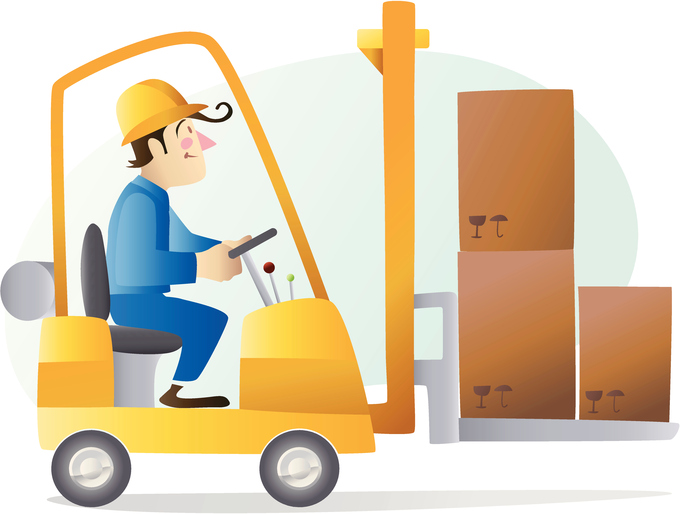It’s been ten years since National Forklift Safety Day (NFSD) became a recognized holiday—and the celebrations are getting bigger. This day, sponsored by the Industrial Truck Association, aims to provide those that work closely with forklifts the opportunity to enhance their learning on forklift safety practices.
ITA is holding a free virtual and in-person event in Washington DC today at the National Press Club to celebrate National Forklift Safety Day and to discuss the updated guidelines from the Occupational Safety and Health Administration (OSHA). National Forklift Safety Day was started by Brian Feehan, president of ITA, to bring broader awareness to lift trucks safety and operator training issues.
"Propane is a safe, clean, environmentally friendly alternative fuel source for forklift operators,” says Dave Jones, a sales development manager at AmeriGas who specializes in motor fuel. “Safety is a core value at AmeriGas, and we are committed to helping ITA uphold their high safety standards when it comes to safe operation of forklifts. AmeriGas has the largest network of propane specialists who can answer questions on forklift safety, and conduct site visits for new customers to ensure safe set up of their propane-powered equipment."
Since safety is one of our core values here at AmeriGas, we thought National Forklift Safety Day, was a great reason to share some of OSHA’s (Occupational Safety and Health Administration) best practices for maintaining a safe working environment for you and everyone else in a propane forklift friendly facility.
-
Do not refuel LPG-powered trucks in confined areas where LPG vapors could collect if a leak occurs.
-
Do not leave LPG-powered trucks near heat sources, stairways, exits, or other egress areas.
-
When parking LPG-powered trucks for a long period of time, turn the service valve off.
-
Only trained and authorized personnel should replace LPG containers.
-
Follow proper procedures for storing and handling liquid petroleum gas. [29 CFR 1910.110]
-
Ensure your staff is thoroughly trained to handle, store, and change out propane tanks.
These are just a few ways you can make your forklift workspace a little bit safer. For more detailed information please visit the on OSHA’s Powered Industrial Trucks – Forklifts page.
To learn more about how propane can help power your business, get in touch.

